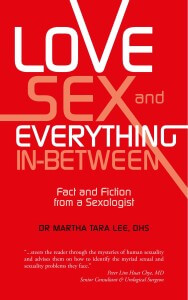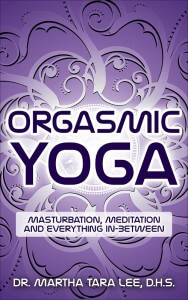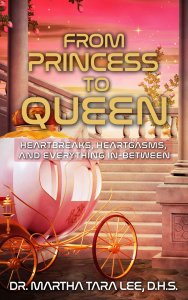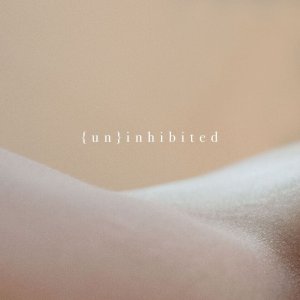
For decades, hormonal birth control has been a popular contraceptive method for women. However, recent studies have raised concerns about its impact on mental health, particularly depression. Many women have reported experiencing mood changes while using birth control pills, leaving them wondering about the relationship between these two factors.
In this blog post, we’ll explore the link between birth control and depression and answer some of the most common questions, such as the chances of birth control pills leading to depression, whether it’s safe for women with a history of depression to use hormonal birth control, and what alternative methods may be available. We’ll also discuss whether any forms of birth control can help with mood stability or depression and what mental health signs to look for that may indicate it’s time to switch methods.
- What is the relationship between birth control and depression? There is evidence that hormonal birth control can impact mood and increase the risk of depression in some women. The hormones in birth control pills can affect the levels of neurotransmitters in the brain, which can influence mood and emotional well-being.
- What are the chances that birth control pills will lead to depression? The risk of depression varies from person to person and depends on several factors, including age, medical history, and genetics. Some studies have found that women who use hormonal birth control are more likely to experience depression than those who do not use it.
- If you have depression in your medical history, are birth control pills not right for you? If you have a history of depression or other mental health conditions, it’s essential to discuss your options with your healthcare provider. They can help you determine if hormonal birth control is right for you or if another method may be a better fit.
- Do any forms of birth control help with mood stability or depression? Some forms of birth control, such as hormonal IUDs or the implant, can help regulate mood and reduce symptoms of premenstrual syndrome (PMS) or premenstrual dysphoric disorder (PMDD). However, it’s important to note that not all women will experience the same benefits.
- What mental health signs should someone look for that might indicate it’s time to switch birth control methods? If you experience changes in mood or emotional well-being after starting a new birth control method, it’s essential to discuss these symptoms with your healthcare provider. They may recommend switching to a different method or adjusting the dosage.
- Anything else? Birth control is a personal choice, and what works for one person may not work for another. It’s also essential to consider other factors that may impact mental health, such as stress, sleep, and diet. It’s always best to discuss any concerns or questions with a healthcare provider who can provide personalized guidance and support. The relationship between birth control and depression is complex and varies from person to person. While some women may experience mood changes while using hormonal birth control, others may not.
As a relationship counselor and clinical sexologist, I understand the profound impact that mental health can have on our overall well-being and relationships. If you’re experiencing mood changes or depression while using hormonal birth control, it’s crucial to consult with your healthcare provider. Each individual’s experience is unique, and finding the right contraceptive method is a personal journey. By staying informed and open with your healthcare team, you can make choices that best support your mental health and enhance your quality of life. Your well-being is paramount, and together, we can navigate these challenges to ensure you feel your best in every aspect of your life.
About Dr. Martha Tara Lee
Dr. Martha Tara Lee has been a passionate advocate for positive sexuality since 2007. With a Doctorate in Human Sexuality and a Masters in Counseling, she launched Eros Coaching in 2009 to help individuals and couples lead self-actualised and pleasurable lives. Her expertise includes working with couples who have unconsummated marriage, individuals with sexual inhibitions and discrepancies in sexual desire, men with erection and ejaculation concerns, and members of the LGBTQIA+ and kink communities. Dr. Lee welcomes all sexual orientations and is available for online and face-to-face consultations. Martha speaks English and Mandarin.
She is the only certified sexuality educator by the American Association of Sexuality Educators, Counselors and Therapists (AASECT) in the region (as of 2011) and is also an AASECT certified sexuality educator supervisor (as of 2018). She strives to provide fun, educational, and sex-positive events and is often cited in the media including Huffington Post, Newsweek, South China Morning Post, and more. She is the appointed Resident Sexologist for Singapore Cancer Society, Of Noah.sg, OfZoey.sg, and Virtus Fertility Centre. She is the host of radio show Eros Evolution for OMTimes Radio. In recognition of her work, she was named one of ‘Top 50 Inspiring Women under 40’ by Her World in July 2010, and one of ‘Top 100 Inspiring Women’ by CozyCot in March 2011. She is the author of Love, Sex and Everything In-Between (2013), Orgasmic Yoga: Masturbation, Meditation and Everything In-Between (2015), From Princess to Queen: Heartbreaks, Heartgasms and Everything In-Between (2017), and {Un}Inhihibited (2019).
You can read the testimonials she’s received over years here. For her full profile, click here. Email her here.

 Become a Patron!
Become a Patron!





